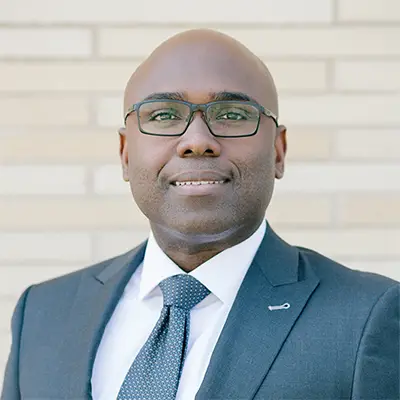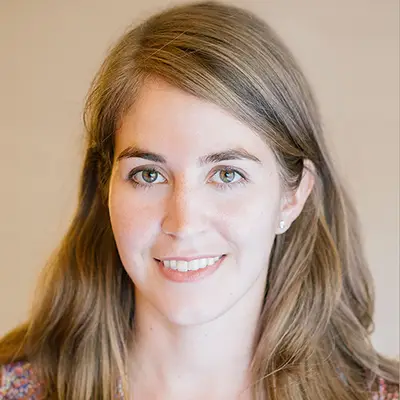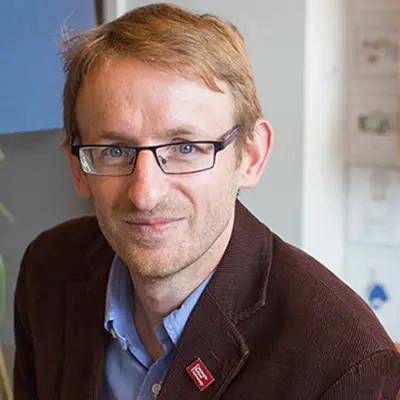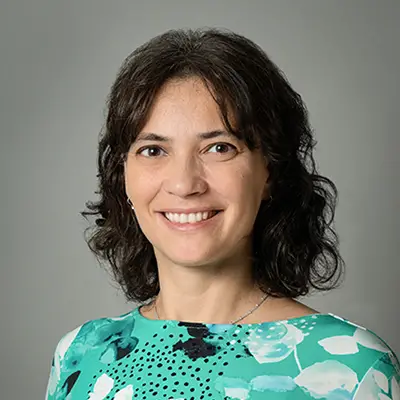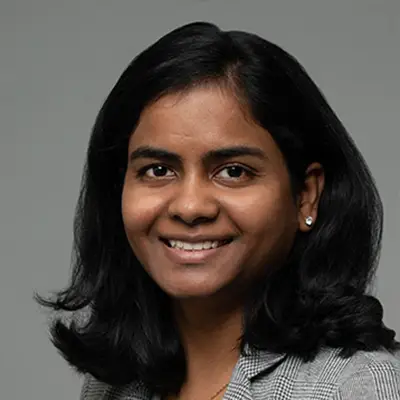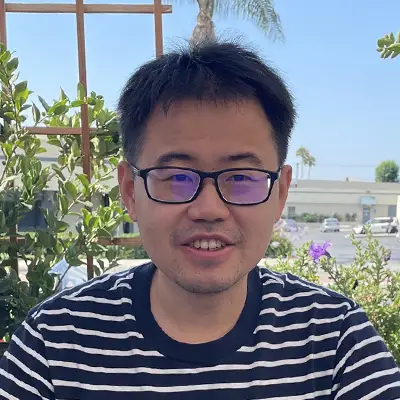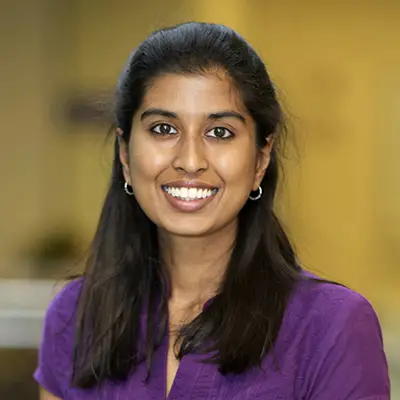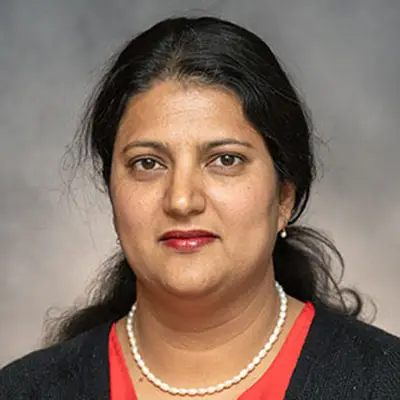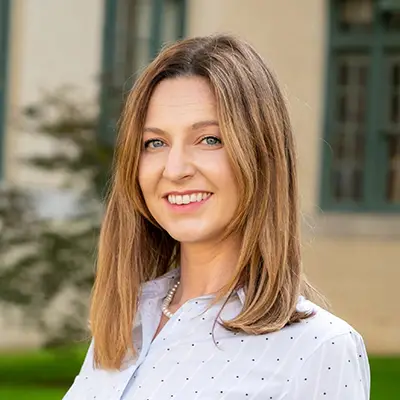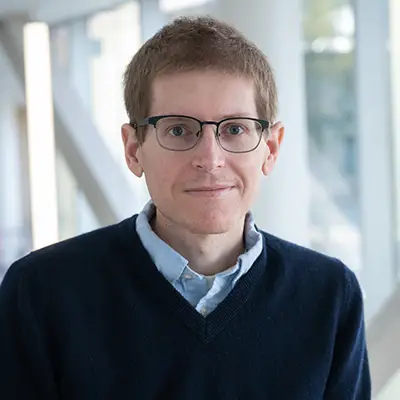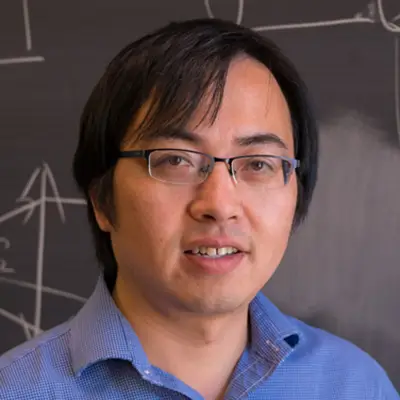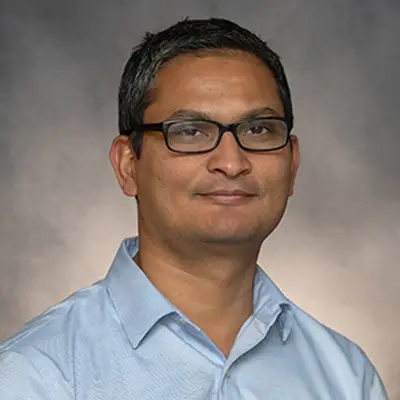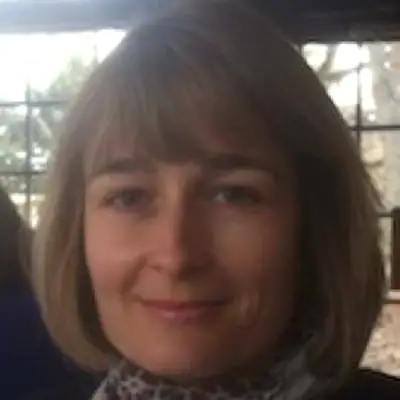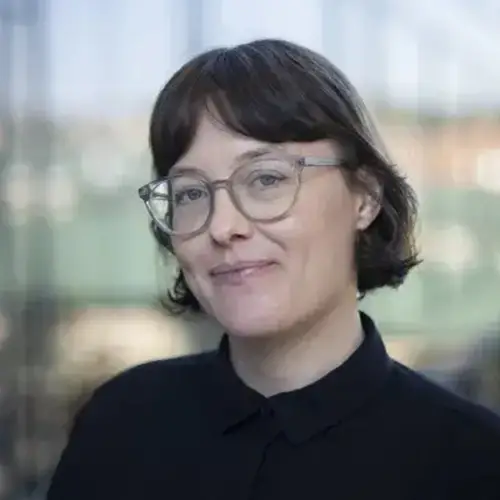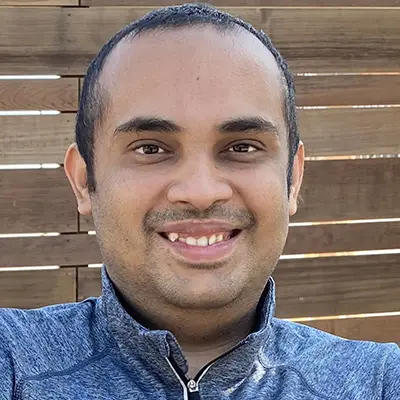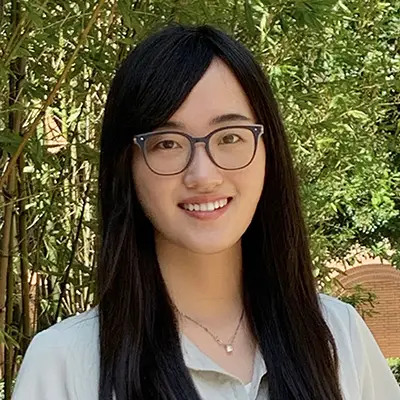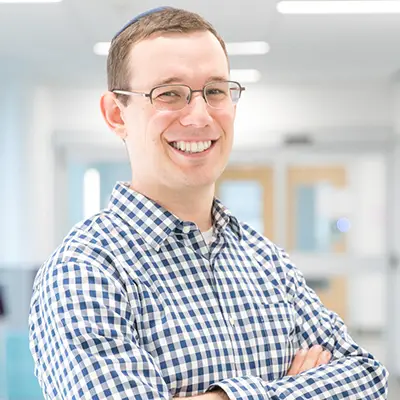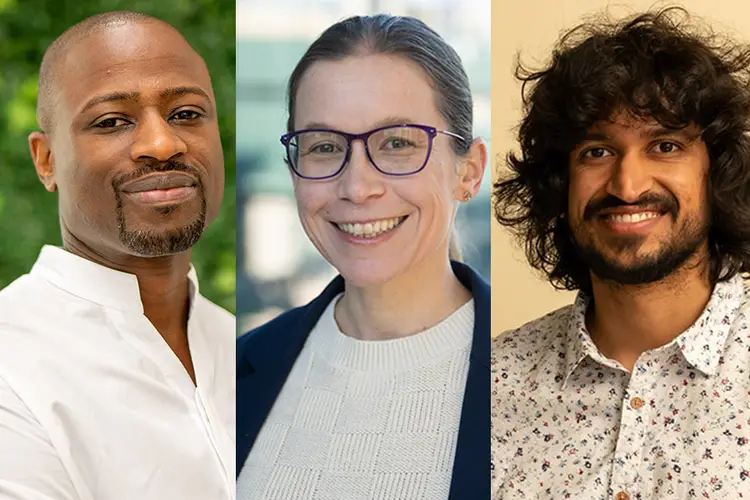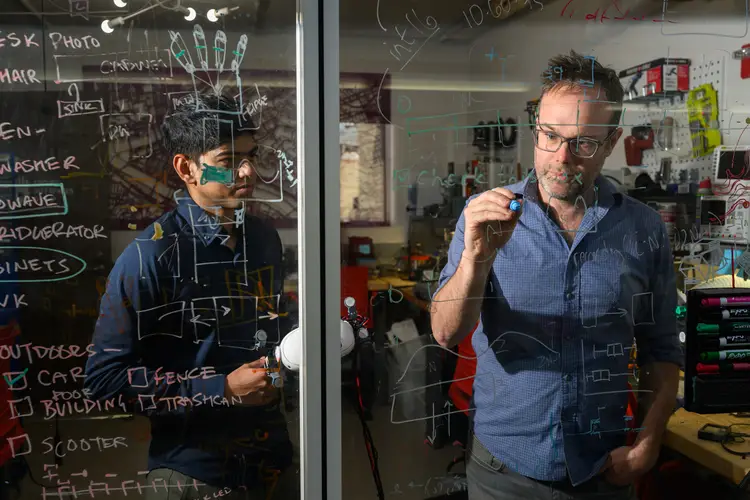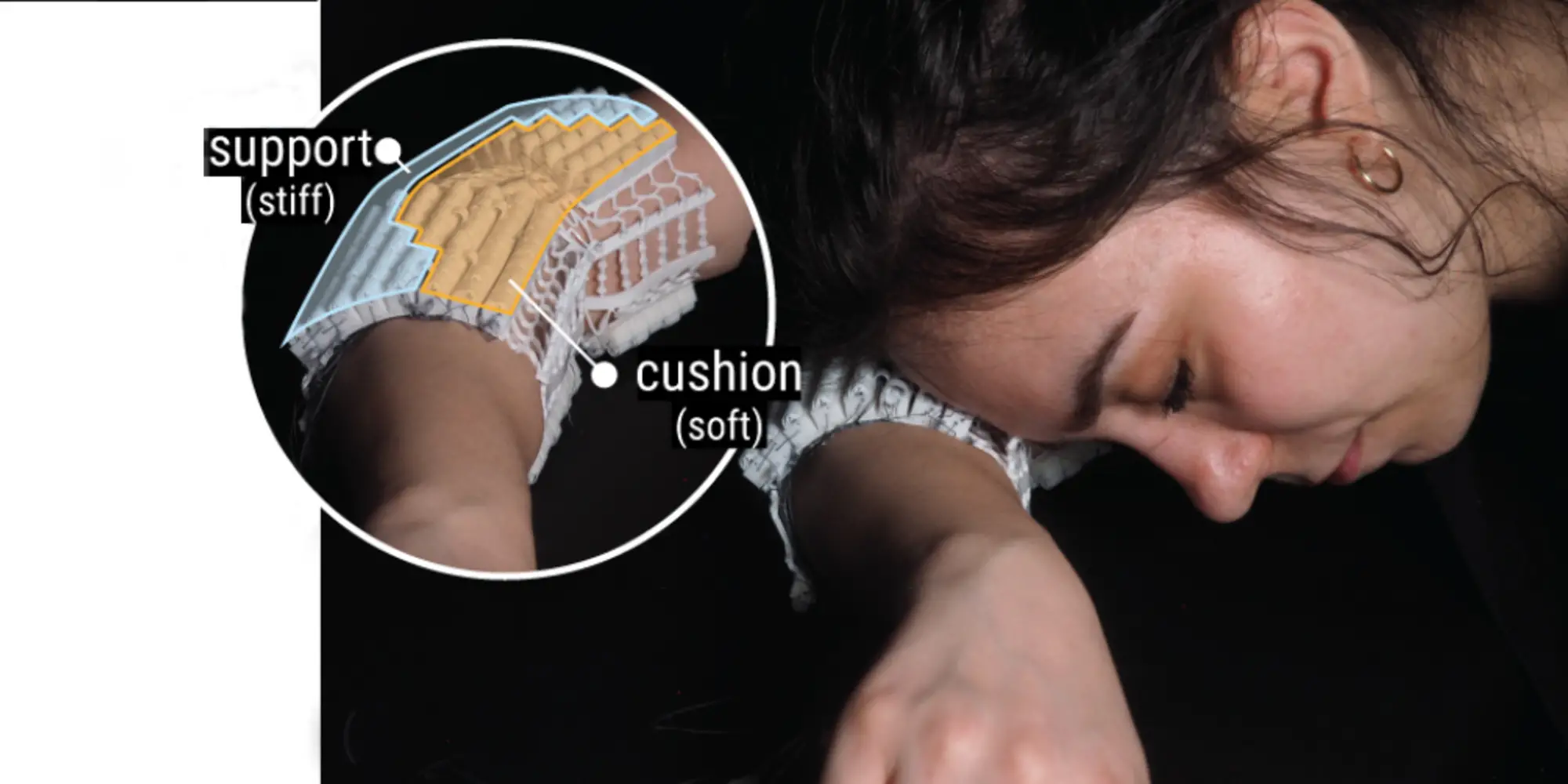
The National Science Foundation CAREER Awardees Supercharging STEM
Media Inquiries
Adaptive physical interfaces — imagine a chair that adjusts its firmness and ergonomic support based on one’s posture — intuitively respond to human needs. Made using materials with innovative microstructures, they can dynamically change their properties in response to human interaction.
Carnegie Mellon University’s Alexandra Ion’s research on material-changing interfaces has wide-ranging potential applications, in human-computer interaction and beyond. For her work, the National Science Foundation (NSF) awarded Ion an NSF Early Career Development Program (CAREER) Award, and $650,000 over the next five years.
For faculty members like Ion, the NSF CAREER award enables critical research with the potential to improve everyday life. In Ion’s case, the opportunity for innovation takes the form of shape-changing interfaces, allowing her to investigate the ways in which everyday objects — like chairs, tables or floors — can dynamically change their properties in response to human needs.
Whether in ways that reflect the immediacy and power of a simple human touch, or something as imperceptible as the spin of electrons used to store data, the work made possible by the CAREER awards gives Carnegie Mellon's faculty members the power to bring new and innovative solutions to the forefront of science.
Read more about the Carnegie Mellon faculty members who have received NSF CAREER awards in 2024-25 and their contributions to their fields of expertise.
College of Engineering
Marc Dandin
Assistant professor of electrical and computer engineering
Dandin’s research interests lie at the intersection of microsystems engineering, integrated circuit design and biomedicine. His research objectives(opens in new window)(opens in new window) are twofold: First, he seeks to learn from biology to design more efficient and smarter artificial sensing and actuation systems, and second, he aims to develop translational bioengineering approaches for enabling novel diagnostics methods and therapies that address unmet needs in medicine. For this specific NSF CAREER Award, Dandin introduces a novel paradigm for imaging near the quantum limit.
Giulia Fanti
Assistant professor in electrical and computer engineering
Fanti’s research focuses on systems that enable cooperation(opens in new window)(opens in new window) in limited-trust environments, with applications to some of the most pressing problems facing society today (e.g., cybercrime, financial inclusion and climate change). A major technical challenge in her work stems from its inherently multidisciplinary nature, drawing on distributed systems, networking, machine learning, security, privacy and information theory.
Hamish Gordon
Assistant professor of chemical engineering
Gordon’s atmospheric science research(opens in new window) explores the impact of air pollution and particulate matter on clouds and climate. By developing weather prediction and climate models, Gordon and his team are able to simulate areas of interest to study atmospheric properties.
Ana Inés Torres
Assistant professor in chemical engineering
Torres’ goal is to investigate modeling, optimization and equilibrium formulations(opens in new window)(opens in new window) that are necessary for creating and analyzing circular economies (CEs). Current supply chain paradigms have major environmental and socioeconomic impacts, but Torres hopes to redesign the consumption process by developing and implementing CE strategies that will reduce waste and pollution and use fewer new resources.
Sneha Prabha Narra
Assistant professor of mechanical engineering
Narra studies additive manufacturing(opens in new window) — or, as it is more commonly known, 3D printing — with applications in aerospace, automobile and energy industries. She and her lab, Engineering Materials for Transformative Technologies (EMIT), work on understanding and controlling the process-structure-property relationships in metal additive manufacturing to create adaptable, high-quality parts with improved performance and consistency.
Guannan Qu
Assistant professor in electrical and computer engineering
Qu’s research(opens in new window) aims to develop theories that make machine learning applicable in real-world large scale engineering systems. With an interdisciplinary focus, Qu is establishing new mathematical tools in machine/reinforcement learning, control theory, optimization and network science and applies these tools to cyber-physical systems, power systems, transportation systems and robotics.
Akshitha Sriraman
Assistant professor in electrical and computer engineering
Sriraman’s research(opens in new window) bridges computer architecture and software systems, with a focus on making hyperscale data center systems more efficient, sustainable and equitable via solutions that span the systems stack. Her work has developed the software and hardware foundations of hyperscale data center systems that support modern web services, such as web search, video streaming and online health care.
Mellon College of Science
Jyoti Katoch
Associate professor of physics
Katoch(opens in new window) is pursuing comprehensive research on emergent quantum phenomena in materials known as Dirac semimetals. This project plans to support the doctorate dissertation of a graduate student and provide summer research experience for undergraduate students in her lab.
Robin Neumayer
Assistant professor of mathematical sciences
Neumayer’s NSF project investigates several geometric questions(opens in new window) related to isoperimetric and Sobolev-type inequalities, which generally relate a measurement of the “energy” (like surface area) of a shape or function to a measurement of its “size” (like volume).
Matthew Rosenzweig
Assistant professor of mathematical sciences
Rosenzweig received the five-year grant to expand his work on studying systems of particles(opens in new window) with long-range interactions, like charged particles in a gas. The results can be applied to modeling states of matter, such as plasmas, and to understanding problems that have particle-like behavior, like vortices in fluids or superconductors, and even neural network training.
Sufei Shi
Associate professor of physics
Shi's work(opens in new window) frequently focuses on nanomaterials and nanoscale fabrication, with the end goal of designing and interfacing with materials at the microscopic level. In this instance, Shi's research will focus on optoelectronics — devices that emit, control or detect light. For his CAREER project, he plans to explore and investigate the unique interactions between light and matter in semiconductors at the nanometer scale, and how the technology can be applied in the workforce.
Simranjeet Singh
Associate professor of physics
Singh’s work is focused on the transformation of electronics, leveraging the properties of materials at the quantum level(opens in new window) — namely, the spin and charge of electrons in semimetals — to create energy efficient and ultra-compact data storage. In addition to exploring the principles themselves, the grant will allow for mentoring, research, and the development of a course to teach fundamental concepts of quantum physics through hands-on experiments.
School of Computer Science
Andrea Bajcsy
Assistant professor, Robotics Institute
Bajcsy’s project attempts to expand the current understanding of how robots make safe decisions(opens in new window). The five-year grant will support research on robot safety “beyond collision-avoidance” in real-world environments such as homes, city streets and hospitals, with a particular emphasis in helping robots act reliably in the full complexity of real-life situations.
Stephanie Balzer
Assistant professor in the Computer Science Department
As the computing landscape gradually shifts from monolithic to distributed systems — for example, cloud computing and Internet of Things (IoT) applications — Balzer’s research goals are to enable the construction of failure-free software(opens in new window), software that is correct by design and secure to run using compositional methods, guaranteeing that individually verified parts compose to a verifiable whole.
Sarah Fox
Assistant professor of human-computer interaction
AI can help make work faster, but some worry it might make jobs worse for workers. Sarah Fox's project(opens in new window) looks at how to build AI tools that actually help workers and listen to what they need. The team is investigating three parts of the food industry: taking orders (like using a robot or screen at a restaurant), making food (like robots that help cook), and cleaning up (like machines that clean floors by themselves). The researchers will talk to workers and include their ideas when designing these tools.
Alexandra Ion
Sara Kiesler Assistant Professor in the Human-Computer Interaction Institute
Ion's project(opens in new window) will advance the field of shape-changing interfaces in HCI, and the insights will have broad applications for a variety of other disciplines, such as mechanical engineering, soft robotics and interaction design.
Aayush Jain
Assistant professor in the Computer Science Department
Jain’s project is dedicated to a holistic study of new sources of mathematical hardness(opens in new window) in cryptography. These computational problems form the foundational building block of modern cryptography. Yet, despite decades of research studying and leveraging these problems, only a few sources of hardness are commonly used in cryptography.
Jiaoyang Li
Assistant professor at the Robotics Institute
Li is rethinking how environments are designed for robots as they become a more prominent part of the workforce. Her research(opens in new window) seeks to establish a more robust understanding of the significance of environment optimization for multiple autonomous agents, and the development of new environment designs that are tailored for large-scale multi-agent coordination.
Joshua Sunshine
Assistant professor in human-computer interaction and Software and Societal Systems
Sunshine seeks to address underlying issues in software testing used in scientific programming, and to bridge a skills and tools gap in software testing for science researchers(opens in new window)(opens in new window). He hopes to release software testing materials that help scientific researchers across the world.
Steven Wu
Assistant professor in human-computer interaction and Software and Societal Systems, CyLab Security and Privacy Institute Researcher
Numerous organizations in both the public and private sectors have turned to differential privacy to safeguard individual data. But differentially private algorithms add noise to the training process to ensure privacy protection, often leading to the degradation of predictive accuracy. Many practitioners find it difficult to manage such a privacy-accuracy trade-off. Wu plans to use the award to develop new material(opens in new window) for his course, Foundations of Privacy, and to share new data privacy toolkits to support practitioners.
